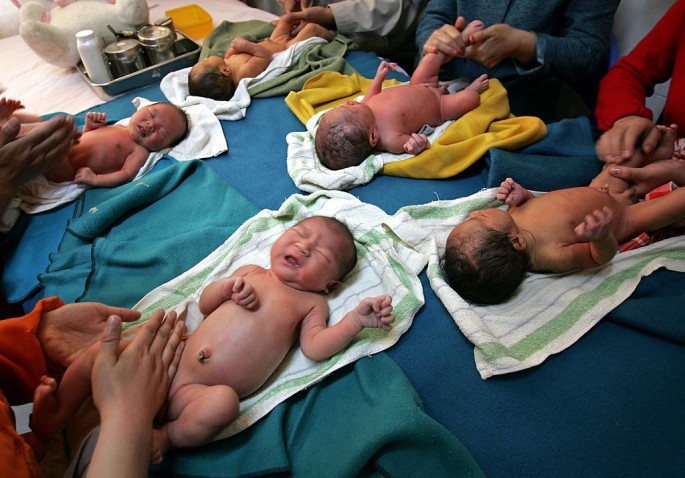China’s massive population may not present unending advantage for the country as analysis shows how the country’s working-age population starts to decline.
Dubbed as the "most populous country" in 2015 by the CIA Factbook (via Info Please), China is forecast to feel the negative effects of the one-child ruling as the number of Chinese who are at their working age has reached its peak.
The Working-age Population
The Business Insider, among other media outlets, noticed that China's working population is at its maximum.
The outlets believe that from there, the chart lines have nowhere else to go but down.
This can become a major problem for China whose population is gradually being dominated by retirees and those too old to be part of the labor sector.
In fact, the feared future population of China has begun to manifest as featured by The Wall Street Journal, which stated that the country saw a record-breaking drop of 4.87 million to 911 million in the working population in 2015.
In fact, according to the World Bank, the working population of the world's second largest economy is seen to fall over 10 percent by 2040, which will be a predicament for the country in the long-term. This is because a decrease in the number of younger workers would mean an increase in the elderly population, leaving a disproportion in those who are capable of working to earn for the old.
Even China's president sees the effects of this looming threat based on his statement cited by the Xinhua News Agency.
"Over 15 percent of the population is 60 years old or above. The working-age population has started to decrease and the trend is continuing," President Xi Jinping said.
Also, since they would become scarcer, workers would inevitably demand higher wages and better benefits.
This would soon become a national dilemma and could affect the country's economy especially since businesses in China would have a difficult time coping with labor costs in the country.
One-child Policy
The root of this predicament appears to be China's one-child policy.
Originally created to solve the country's problem of exploding population, the ruling seems to have given the country more dilemmas to face.
The Chinese government sought to ease these consequences by amending the policy to allow couples to have a second child in order to balance out the population.
"The new policy should reduce the pressure of an aging population, increase the labor supply and promote balanced population development," Xi said in a statement, referring to the new law that allows all couples to have two children without being penalized.
According to WSJ, this move was to repopulate the country's work force and prevent major economic crisis from befalling China.



























